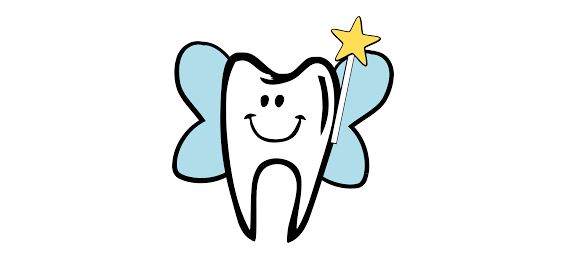Analyzing baby teeth can provide information about a child’s exposure to, and uptake of, metals and other elements. A new study published in ‘Nature Communications’ compared the baby teeth of pairs of twins who were discordant for autism (i.e., only one twin had an autism diagnosis) to look for differences in the presence of elements including lead, manganese, and zinc. (Families had to contact the Tooth Fairy to have her return the teeth for this project.) Cutting-edge laser technology was used to analyze the dentine layers of the teeth to examine both pre-natal and post-natal exposures to the elements (similar to how the rings of trees can provide information about the time course of environmental events).
Their results revealed that the baby teeth from children with autism had higher levels of lead (a neurotoxin) and lower levels of zinc and manganese (essential elements) than children without autism. This pattern was most distinct for the months before and just after birth. This study used some of the same methodology that will be employed in the nationwide ECHO ASD study in which the READi Lab is participating. The ECHO ASD Study will expand on these findings by testing baby teeth for heavy metals, pesticides, and various chemicals found in plastics and electrical equipment in order to better understand how the pre- and post-natal environment might influence the development of autism. To learn more, click here.
